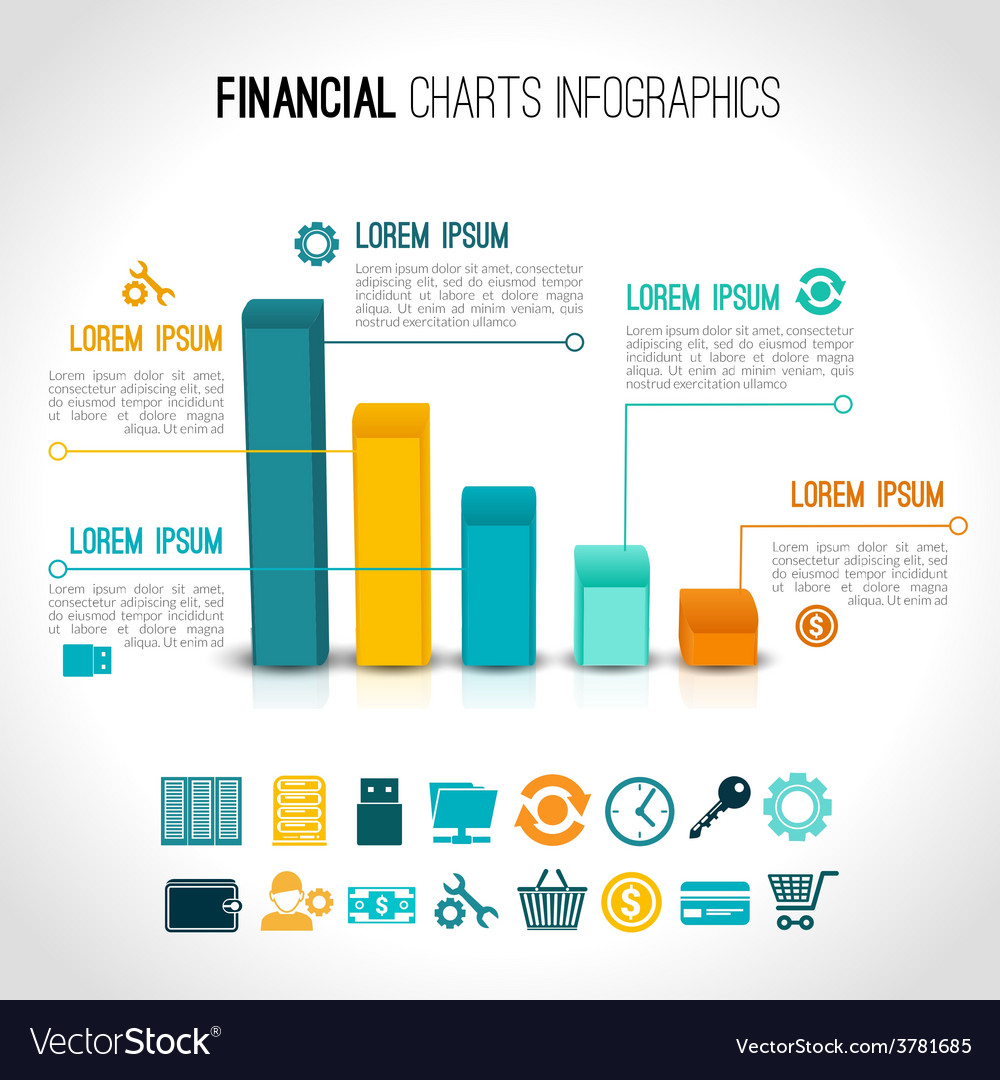Back-Pedaling An Efficiency Bond Can Have Considerable Monetary Consequences.This Can Result In A Range Of Financial Effects, Consisting Of:
Back-Pedaling An Efficiency Bond Can Have Considerable Monetary Consequences.This Can Result In A Range Of Financial Effects, Consisting Of:
Blog Article
Created By-
When a surety issues an efficiency bond, it ensures that the principal (the party who buys the bond) will accomplish their responsibilities under the bond's terms. If the primary stops working to fulfill these responsibilities and defaults on the bond, the guaranty is accountable for covering any losses or problems that result.
1. Loss of credibility: Defaulting on a performance bond can damage the principal's reputation and reliability, making it more difficult to protect future service or financing.
2. Legal and management expenses: The surety might need to pay lawful and administrative prices connected with pursuing the principal for problems or trying to remedy the situation.
3. Economic losses: The surety might require to cover the cost of finishing the job or providing the services that the principal failed to deliver. This can result in significant economic losses for the surety.
4. Enhanced costs: If the principal has a history of defaulting on efficiency bonds, they may be required to pay higher costs in the future to get the required bonding.
In general, back-pedaling a performance bond can have significant monetary repercussions for both the principal and the guaranty. It's important for principals to carefully consider their responsibilities and ensure they are able to meet the terms of the bond to avoid these adverse end results.
Defaulting on an efficiency bond can be a pricey error for businesses. When you fail to fulfill the bond's commitments, the financial repercussions can be substantial. From paying the full bond total up to possible lawful battles and harmed relationships, the consequences can resound throughout your business procedures. Recognizing the detailed web of financial effects that back-pedaling a performance bond can have is crucial for protecting your company's economic wellness and track record.
Financial Penalties for Defaulting
If you default on an efficiency bond, you'll likely encounter significant punitive damages. These fines can vary relying on the regards to the bond arrangement but usually include paying the bond amount in full to the obligee. This suggests that if you stop working to meet your legal responsibilities, you must pay the bond amount to the project owner or the entity that required the bond.
Furthermore, you may also be responsible for any extra costs sustained by the obligee as a result of your default, such as finding a substitute specialist or covering project hold-ups.
Defaulting on a performance bond can additionally cause legal fees and court costs if the obligee makes a decision to take lawsuit against you to recover the bond amount. These expenses can promptly accumulate, additional intensifying the economic effect of your default. performance bond español to thoroughly review and understand the regards to the performance bond to avoid these severe financial penalties.
Influence On Service Cash Flow
Defaulting on a performance bond can considerably impact your company capital, affecting financial security and operational capacities. When you back-pedal an efficiency bond, you risk losing the bond quantity, which can be a substantial sum. This loss straight impacts your capital, as you'll require to locate alternative resources of funding to cover the bond quantity. In addition, failing can cause boosted examination from guaranties, making it more challenging and extra pricey to protect bonds in the future. This can even more strain your capital as you may need to designate added sources to fulfill bonding needs.
The influence on your cash flow doesn't stop there. Defaulting on a performance bond can likewise lead to job hold-ups or terminations, causing a loss of profits. In addition, the negative online reputation that comes with skipping can deter potential clients, additionally minimizing your cash flow. On the whole, back-pedaling an efficiency bond can have harmful effects on your organization's economic wellness and capacity to operate smoothly.
Lawful Ramifications and Lawsuits
Facing legal implications and prospective claims due to back-pedaling an efficiency bond can considerably affect your organization's online reputation and economic standing. When you back-pedal an efficiency bond, the surety business might take legal action to recover the bond amount paid out. This can cause pricey lawful charges, court expenditures, and possible settlements or judgments against your company.
Furthermore, back-pedaling an efficiency bond may cause damaged relationships with customers, subcontractors, and distributors, impacting your capacity to secure future agreements. Lawsuits developing from bond defaults can tarnish your business's credibility in the sector, making it testing to attract brand-new partners or customers.
Furthermore, if the default causes a court judgment against your service, it can result in property seizure or liens, even more straining your financial security. Consequently, it's crucial to understand the lawful effects of back-pedaling an efficiency bond and take proactive actions to minimize the risks entailed.
https://constructionindustryflori53108.topbloghub.com/32693961/guide-on-how-to-obtain-authorization-for-a-perfomance-bond-comprehensive-directions
As you encounter the effects of back-pedaling an efficiency bond, remember this: it resembles strolling a tightrope without a safeguard. One wrong move can send you plunging right into a financial freefall, with no way to stop the fall.
The financial penalties, cash flow influence, and legal ramifications are all waiting to capture you if you slip up. So tread carefully, and constantly recognize your dedications to avoid the harsh consequences of default.
